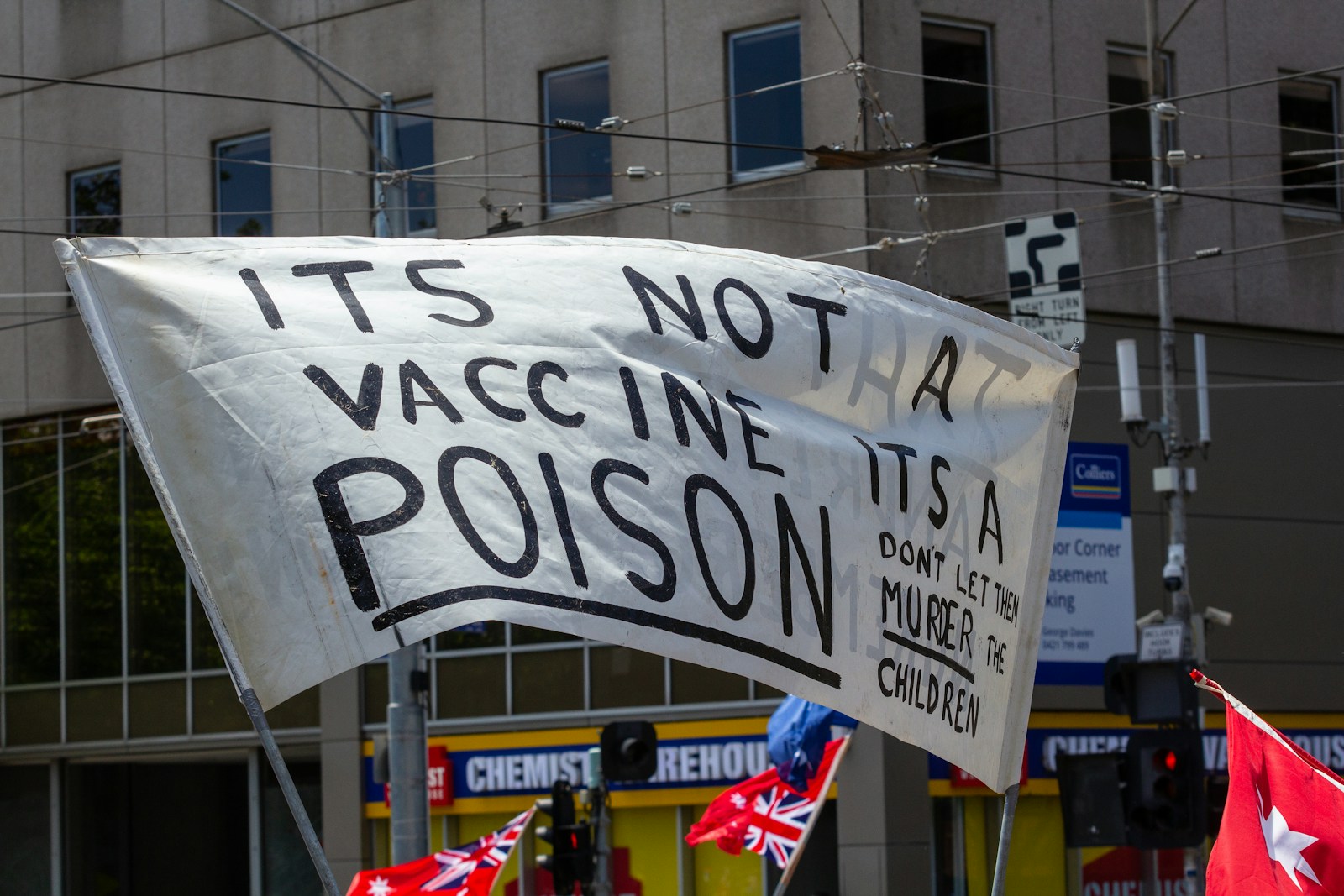The Moral Failure of Vaccine Nationalism

The development of multiple, highly effective vaccines against COVID-19 in less than a year was a scientific triumph on par with the moon landing. It was a stunning demonstration of what humanity can achieve when it marshals its collective resources and ingenuity against a common threat. The science was a miracle.
The politics, however, were a catastrophe. The story of how those vaccines were distributed is one of the great moral and strategic failures of the 21st century. It is a story of "vaccine nationalism," a brutal lesson in how the instinct for self-preservation among wealthy nations can undermine the very idea of global public health, with devastating consequences for us all.
The Scramble for Doses
In the early days of the vaccine rollout in late 2020 and 2021, a frantic global scramble for doses began. Wealthy nations in North America and Europe used their immense financial power to sign advance purchase agreements directly with pharmaceutical companies, buying up the vast majority of the available supply, often securing enough doses to vaccinate their populations several times over.
This left the rest of the world, particularly the low- and middle-income countries of the Global South, at the back of a very long queue. While citizens in London and New York were getting their first and second shots, frontline healthcare workers in Kampala and Dhaka were left completely unprotected.
A Noble Idea, A Flawed Reality
The international mechanism designed to prevent this exact scenario was the COVID-19 Vaccines Global Access facility, or COVAX. Co-led by the World Health Organization and Gavi, the Vaccine Alliance, it was a noble idea: a centralized purchasing pool that would allow equitable access to vaccines for every country, regardless of its ability to pay.
But COVAX was systematically undermined from the start. It was chronically underfunded. And it was crippled by the very vaccine nationalism it was meant to prevent. Wealthy countries, while paying lip service to COVAX, prioritized their own bilateral deals, ensuring their own populations were vaccinated first. Pharmaceutical companies, in turn, prioritized their most lucrative contracts with rich nations. COVAX was left with the scraps, receiving doses only after the wealthy world had taken its share.
The result was a two-tier pandemic. In the Global North, vaccination campaigns rapidly brought down death rates and allowed societies to reopen. In the Global South, the virus was left to run rampant for another year, overwhelming fragile healthcare systems and killing millions.
A Strategic Failure
This was not just a moral failure; it was a catastrophic strategic one. The mantra of public health experts from the beginning of the pandemic was that "no one is safe until everyone is safe." Leaving billions of people unvaccinated created a massive breeding ground for the emergence of new, more dangerous variants of the virus. The Delta and Omicron waves, which caused renewed waves of death and disruption even in highly vaccinated countries, emerged from these unprotected populations. Vaccine nationalism, in its shortsightedness, ended up prolonging the pandemic for everyone.
The lessons are stark. In the next pandemic, the world needs a truly empowered international body with the authority and, crucially, the funding to procure and distribute medical countermeasures equitably. This will require a new "Pandemic Accord," currently being negotiated at the WHO, that contains legally binding commitments on technology transfer, intellectual property sharing, and a rejection of the "me first" approach that defined the COVID-19 response.
The science that gave us the COVID-19 vaccines was a gift to all of humanity. The politics that governed their distribution was a stain on our collective conscience.
